★★★
“It’s not just Harlin and Anderson that work with their spouses.”
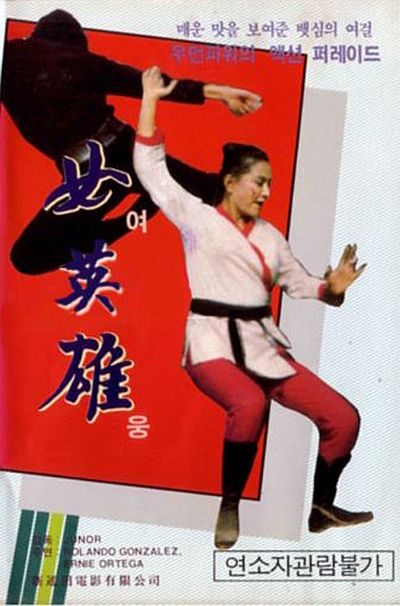 In various places, the title for this is “a Lady”or “the Lady” fighter: I’m going with what’s firmly stated on the opening credits of the print, ungrammatical as that may be. It’s a Filipino product, but unlike the New World Pictures of the early seventies, is an entirely domestic production. Though in many ways, it feels almost like a Taiwanese chop-socky flick, taking place in a rural village, beset by bandits. Into town strolls wandering martial arts master Ming (Ortega), who agrees to teach the locals his self-defense skills, albeit only following a stern warning about what will happen if they use them for revenge or gain.
In various places, the title for this is “a Lady”or “the Lady” fighter: I’m going with what’s firmly stated on the opening credits of the print, ungrammatical as that may be. It’s a Filipino product, but unlike the New World Pictures of the early seventies, is an entirely domestic production. Though in many ways, it feels almost like a Taiwanese chop-socky flick, taking place in a rural village, beset by bandits. Into town strolls wandering martial arts master Ming (Ortega), who agrees to teach the locals his self-defense skills, albeit only following a stern warning about what will happen if they use them for revenge or gain.
While the bandits are defeated, naturally, not everyone listens. In particular, Nardo (Gonzalez) turns to the dark side, killing Ming and setting up his own, even worse, group of brigands: the Black Band. This leaves Rosa (Aristorenas, the director’s wife, and more or less the queen of local action in the seventies – credited typically as just “Virginia”) to level up her own skills – why, yes, there is a training montage, thank you for asking. This could hardly be more cliched if it tried, and even includes her sitting in the lotus position under a waterfall. With her talents suitably enhanced, she can now defend the town from the new threat, and reclaim the medallions which Ming handed out to the members of his one and only graduating class. Though she has repeatedly to be reminded not to kill her opponents: I guess Ming’s teachings weren’t quite as embedded as they could have been.
If you’re expecting this to end in a battle against Nardo, you won’t be disappointed. You may, however, be underwhelmed by the amazingly abrupt ending, which leaves the viewer uncertain as to the bad guy’s actual fate. It does also take rather too long to get to the point where the lady fights, never mind begins taking revenge. The first half is much more about Ming, and then Nardo, with Rosa sidelined. There’s an opening battle which actually occurs considerably later in the movie, and you’ve then got a good forty minutes before this even brushes against qualifying for the site.
Once it does, Mr. and Mrs. Aristorenas do a good job of making up for lost time. She has decent skills, and he knows how to film them, with long, unbroken shots and in a way which makes it clear Virginia isn’t being doubled. The only print that appears available, is dubbed into English with Greek subtitles; it’s not bad, with the English being locally-accented, and sounding like it was done by Filipino natives rather than Eton graduates, as was often the case for Hong Kong films. However, it’s also cropped to 4:3 ratio, and this definitely does hamper the impact at some points. It’s still a brisk, energetic affair, with unexpected elements such as both heroes and villains being residents of the same village.
Dir: Jun Aristorenas
Star: Virginia Aristorenas, Rolando Gonzales, Ernie Ortega, Teroy De Guzman
a.k.a. Buhawi





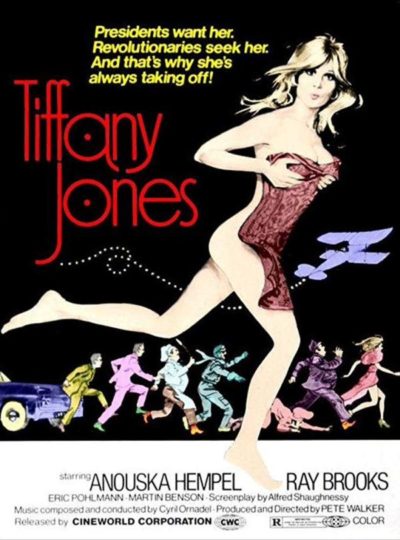 Fashion model Tiffany Jones (Hempel) finds herself dropped into the middle of international intrigue, after President Boris Jabal (Pohlmann), leader of the Eastern European state of Zirdana, takes a shine to her during a state visit to Britain. It’s supposed to be a trade negotiation, but is really to allow Jabal to broken an arms deal with some shady Americans. Her meeting the President brings her to the attention of two factions of Zirdanian rebels.
Fashion model Tiffany Jones (Hempel) finds herself dropped into the middle of international intrigue, after President Boris Jabal (Pohlmann), leader of the Eastern European state of Zirdana, takes a shine to her during a state visit to Britain. It’s supposed to be a trade negotiation, but is really to allow Jabal to broken an arms deal with some shady Americans. Her meeting the President brings her to the attention of two factions of Zirdanian rebels.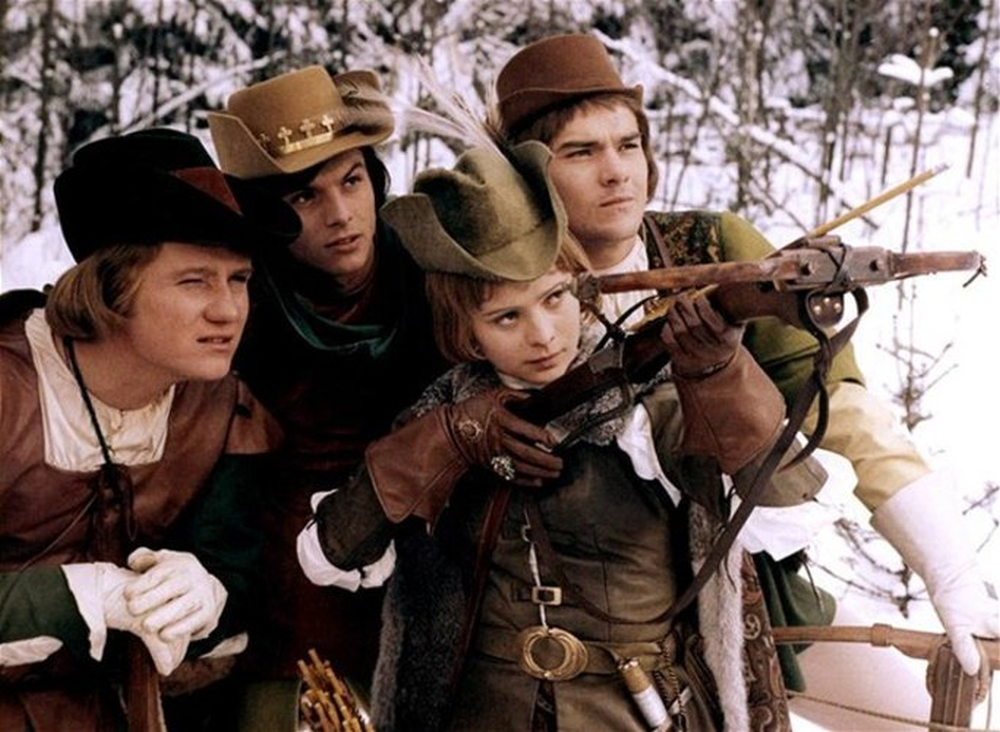
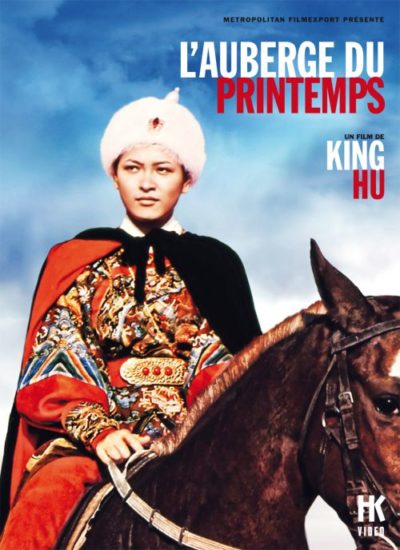

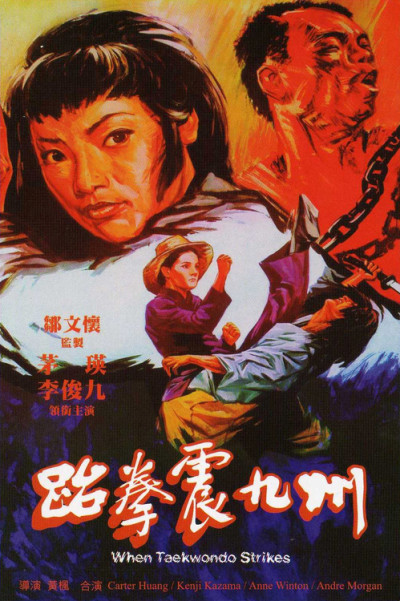


 Roger Corman’s New World Pictures weren’t the only ones using the Philippines as a factory to churn out B-movies in the seventies, as this 1973 entry, from Arthur Marks’ General Film Corproration shows. Dr. Tsu (Kwan) and her posse of henchwomen are kidnapping athletes, the not-so-good doctor having perfected the ability to do brain transplants. She’s now selling this as a service to rich, old people, who can become young again. However, after kidnapping a jai-alai star, the insurance company on the hook for the half million dollar policy hires Mike Harber (Hagen) to investigate. As he starts nosing around and making waves, first the local gangster boss, then Dr. Tsu, send their minions out to stop him. Needless to say, this is of limited success, and he is soon on his way to the remote island where Tsu operates, to take down her operation.
Roger Corman’s New World Pictures weren’t the only ones using the Philippines as a factory to churn out B-movies in the seventies, as this 1973 entry, from Arthur Marks’ General Film Corproration shows. Dr. Tsu (Kwan) and her posse of henchwomen are kidnapping athletes, the not-so-good doctor having perfected the ability to do brain transplants. She’s now selling this as a service to rich, old people, who can become young again. However, after kidnapping a jai-alai star, the insurance company on the hook for the half million dollar policy hires Mike Harber (Hagen) to investigate. As he starts nosing around and making waves, first the local gangster boss, then Dr. Tsu, send their minions out to stop him. Needless to say, this is of limited success, and he is soon on his way to the remote island where Tsu operates, to take down her operation.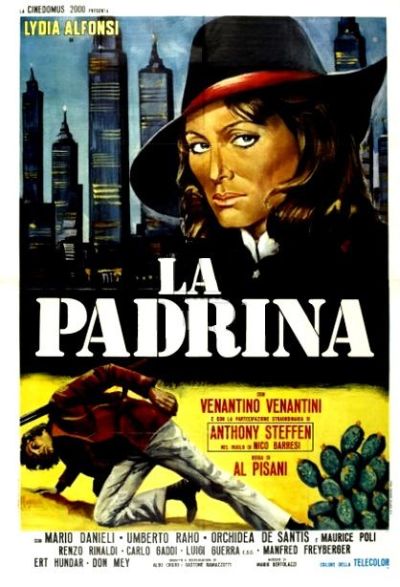 The tenth wedding anniversary of Donna Costanza (Alfonsi) in New Jersey is rudely interrupted when her husband is gunned down during the party. For he was a Mafia boss who, it appears, had crossed the wrong person. Before dying, he whispers to his wife, “Giarratana from Palermo,” apparently fingering the man behind the hit. Seeking revenge, Madam Costanza flies to Sicily, and meets up with a loyal family employee, soliciting his help to plan the death of the local boss fingered by her husband’s last words. But things are considerably more murky than they seem, as Costanza has wandered into the middle of some shenanigans involving a corrupt local official, a police investigation and an arms deal, which are all leaving a trail of corpses in their wake. And someone wants Donna to join the dead bodies, first trying to blow up her plane, then sabotaging the brakes on her car. When a supposedly blind man guns down her contact in the street, it’s getting too warm for comfort.
The tenth wedding anniversary of Donna Costanza (Alfonsi) in New Jersey is rudely interrupted when her husband is gunned down during the party. For he was a Mafia boss who, it appears, had crossed the wrong person. Before dying, he whispers to his wife, “Giarratana from Palermo,” apparently fingering the man behind the hit. Seeking revenge, Madam Costanza flies to Sicily, and meets up with a loyal family employee, soliciting his help to plan the death of the local boss fingered by her husband’s last words. But things are considerably more murky than they seem, as Costanza has wandered into the middle of some shenanigans involving a corrupt local official, a police investigation and an arms deal, which are all leaving a trail of corpses in their wake. And someone wants Donna to join the dead bodies, first trying to blow up her plane, then sabotaging the brakes on her car. When a supposedly blind man guns down her contact in the street, it’s getting too warm for comfort.